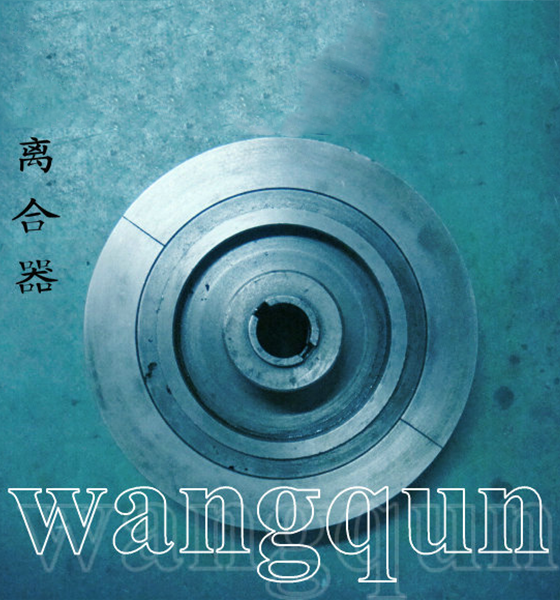Upgrading Your Large Tonnage Tablet Press for Better Efficiency
Introduction
Large tonnage tablet presses are essential in pharmaceutical, nutraceutical, and chemical industries for producing high-quality tablets at scale. However, as production demands increase and regulatory standards become stricter, upgrading your tablet press becomes crucial for maintaining efficiency, reducing downtime, and ensuring consistent tablet quality.
This guide explores key areas for upgrading large tonnage tablet presses, including mechanical improvements, automation integration, tooling enhancements, and process optimization. By implementing these upgrades, manufacturers can achieve higher throughput, improved tablet uniformity, and reduced operational costs.
1. Mechanical Upgrades for Enhanced Performance
1.1. Strengthening the Frame and Compression System
Large tonnage tablet presses must withstand significant forces during compression. Over time, wear and fatigue can reduce structural integrity, leading to misalignment and inconsistent tablet hardness.
- Reinforced Frame Construction: Upgrading to high-strength steel or alloy frames improves rigidity, reducing deflection under high compression loads.
- Hydraulic or Servo-Driven Systems: Modern presses use servo-electric or hydraulic systems for precise force control, minimizing energy waste and improving repeatability.
- Improved Punch and Die Alignment: Precision-machined guides and bearings ensure consistent punch movement, reducing wear and tablet weight variation.
1.2. Upgrading the Drive Mechanism
Older presses may use mechanical or belt-driven systems that are less efficient than modern alternatives.
- Servo Motor Integration: Servo-driven presses offer better speed control, energy efficiency, and reduced maintenance compared to traditional mechanical drives.
- Variable Frequency Drives (VFDs): These allow operators to adjust press speed dynamically, optimizing production for different formulations.
2. Automation and Control System Enhancements
2.1. Advanced Process Monitoring
Real-time monitoring is critical for detecting deviations in tablet weight, hardness, and thickness.
- In-Line Weight and Thickness Sensors: Modern sensors provide instant feedback, allowing automatic adjustments to maintain uniformity.
- Force Monitoring Systems: Load cells measure compression force, ensuring consistent tablet hardness and detecting punch wear early.
2.2. Integration with Industry 4.0
Connecting tablet presses to smart manufacturing systems enhances traceability and predictive maintenance.
- SCADA and MES Integration: Supervisory Control and Data Acquisition (SCADA) and Manufacturing Execution Systems (MES) enable centralized monitoring and data logging.
- Predictive Maintenance Algorithms: AI-driven analytics predict component failures before they occur, reducing unplanned downtime.
3. Tooling and Die Improvements
3.1. High-Quality Punch and Die Sets
Tooling quality directly affects tablet quality and press longevity.
- Premium Steel Alloys: Upgrading to carbide-tipped or coated punches extends tool life and reduces sticking.
- Multi-Tip Punches: These allow faster production by reducing changeover times between tablet shapes.
3.2. Anti-Sticking and Anti-Capping Solutions
Tablet defects like sticking and capping reduce yield and increase waste.
- Specialized Coatings: Nano-coatings on punches reduce friction and adhesion.
- Optimized Die Design: Tapered dies and venting systems minimize air entrapment, reducing capping risks.
4. Process Optimization Techniques
4.1. Granulation and Feed System Upgrades
Poor powder flow leads to inconsistent filling and weight variation.
- Optimized Feeder Systems: Agitators and force feeders ensure uniform powder distribution.
- Automated Lubrication Systems: Reduce friction and improve tablet ejection.
4.2. Energy Efficiency Improvements
Large tonnage presses consume significant power.
- Regenerative Braking Systems: Recapture energy during deceleration.
- Efficient Hydraulic Systems: Reduce heat generation and energy waste.
5. Regulatory Compliance and Safety
Upgrades should align with cGMP, FDA, and EU regulations.
- Data Integrity Features: Audit trails and electronic records ensure compliance.
- Safety Interlocks and Guards: Protect operators from high-force hazards.
Conclusion
Upgrading a large tonnage tablet press involves a holistic approach—mechanical robustness, automation, tooling precision, and process optimization. By investing in these areas, manufacturers can achieve higher efficiency, lower costs, and superior tablet quality, ensuring competitiveness in an evolving industry.
Would you like additional details on any specific upgrade area?











 телефон
телефон
Комментарий
(0)